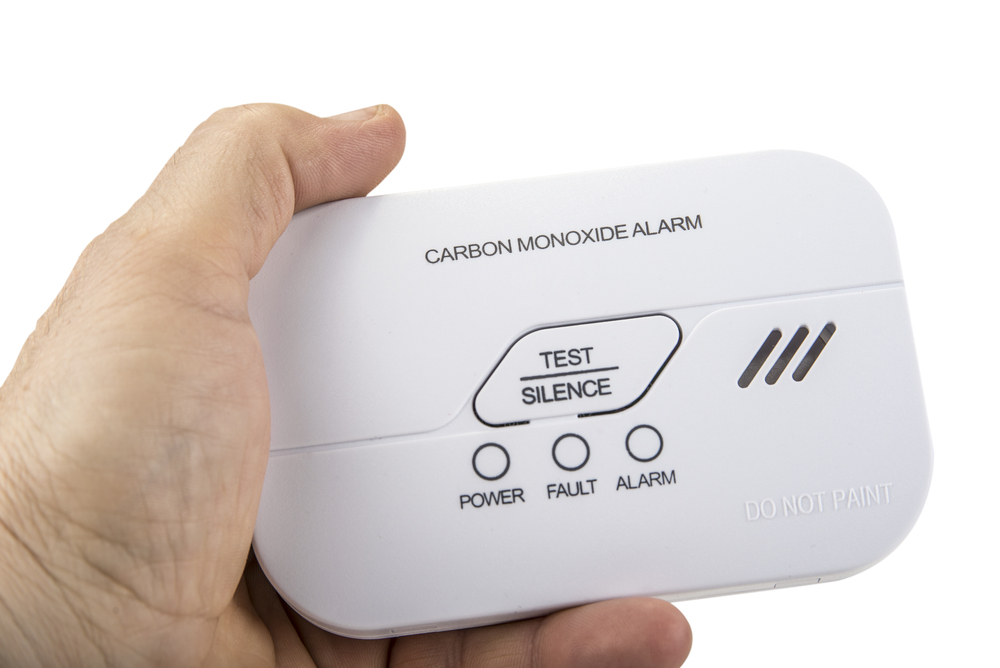Home / Adult / Phone & Websites
Carbon Monoxide Awareness Month
Carbon Monoxide Awareness Month
Proudly sponsored by BonePage Lubbock Dating Profiles
November is Carbon Monoxide (CO) Awareness Month. CO, known as the “silent killer,” is a colorless, odorless, and tasteless gas, making it nearly impossible to detect without specialized equipment. CO is incredibly dangerous and can be lethal if inhaled in significant amounts. Raising awareness of CO safety is critical, especially as we enter colder months when people spend more time indoors with heating systems running.
What is Carbon Monoxide?
Carbon monoxide is a toxic gas produced by the incomplete combustion of fuels such as gasoline, wood, propane, and natural gas. This means that common household appliances and devices, including furnaces, water heaters, fireplaces, gas stoves, and car engines, are potential sources of CO. When these devices are improperly maintained or ventilated, CO can accumulate indoors, creating a serious risk to anyone in the building.
The Risks of Carbon Monoxide Poisoning
Because carbon monoxide is undetectable to human senses, people can inhale dangerous levels of CO without realizing it. Symptoms of CO poisoning can mimic the flu or food poisoning, including headache, dizziness, weakness, nausea, vomiting, chest pain, and confusion. Severe exposure can lead to loss of consciousness, permanent brain damage, or even death. The Centers for Disease Control and Prevention (CDC) reports that each year, around 50,000 people in the United States visit emergency rooms due to accidental CO poisoning, and at least 430 people die from it annually.
Testing and Maintaining CO Detectors
The best way to protect against carbon monoxide poisoning is by having CO detectors installed in your home and checking them regularly. CO detectors sound an alarm when CO levels become dangerously high, giving occupants a chance to evacuate and seek help before they experience severe symptoms.
Here are some tips for maintaining your CO detectors:
- Install detectors on every level of your home, especially near sleeping areas, and in rooms where you have fuel-burning appliances.
- Test your detectors monthly by pressing the test button to ensure they’re working properly.
- Replace batteries at least twice a year, even if the detectors aren’t beeping. A good reminder is to replace batteries during daylight saving time changes.
- Check the expiration date on your detectors. Most CO detectors last between 5 and 10 years, so make sure to replace them as recommended by the manufacturer.
Tips for Preventing Carbon Monoxide Problems
In addition to having functional CO detectors, here are some practical steps to minimize the risk of carbon monoxide buildup in your home:
- Have your heating system, water heater, and other gas, oil, or coal-burning appliances inspected by a qualified technician annually. Proper maintenance ensures these systems operate safely and efficiently.
- Never use gas ovens or stovetops for heating your home, and avoid running generators, grills, or camp stoves indoors or in closed spaces like garages, as they produce high levels of CO.
- Do not leave your car running in an attached garage, even with the garage door open, as CO can still seep into your home.
- Ensure your fireplace flue is open when using the fireplace, and have your chimney inspected annually to remove blockages or debris that could lead to CO buildup.
- Ventilate fuel-burning appliances properly, and never patch or tape ventilation pipes as this can lead to leaks.
In Case of an Alarm
If your CO detector goes off, act quickly:
- Evacuate all people and pets from your home immediately.
- Call 911 or your local fire department to report the situation and seek further assistance.
- Do not re-enter your home until professionals determine it is safe to do so.
Stay Sexy and Stay Safe! From Your Friends at BonePage!
Carbon Monoxide Awareness Month is an important reminder of the dangers of this silent killer and the simple steps we can take to protect ourselves and our loved ones. By understanding what carbon monoxide is, recognizing the signs of CO poisoning, and testing and maintaining CO detectors, you can make your home a safer place. Let this November be the month you check your CO detectors, review prevention tips, and share this critical information with family and friends.


